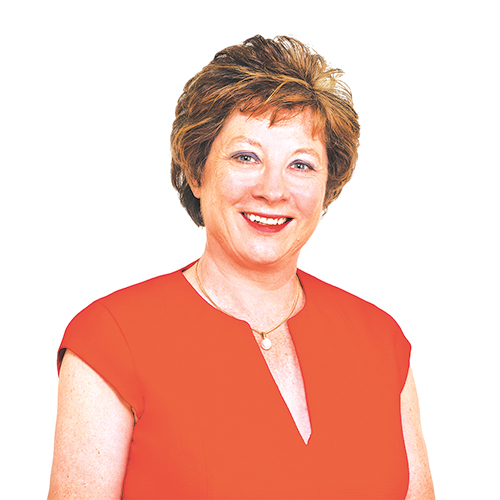The shocking prevalence of sexism in UK local government was revealed last July, in a widely publicised report by the Fawcett Society.
The report found that one third of women councillors in England and Wales had experienced sexist comments in the Council chamber and 10 per cent had experienced sexual harassment.
The Society, together with the Local Government Information Unit surveyed over 2300 male and female councillors as part of the Local Government Commission and concluded that Local Government in the UK was “not fit for the future” because of out-dated practices and attitudes that hold back gender equity.
There are lots of differences between Australia and the UK, and we already have in place some of the key recommendations from the Commission, including a Councillor Code of Conduct and Childcare arrangements.
UK women councillors said that what they wanted most was mentoring and women’s networks. The ALGWA has always been a strong advocate for mentoring and provides mentoring and opportunities for women to network.
Last year the State Governments of Queensland and Victoria provided grants to their State ALGWA branches for a mentoring program. These have both been very successful, especially for newly elected councillors. I would encourage other State Governments to provide similar grants.
Among the other UK recommendations was mandatory reporting of gender figures, term limits, parental leave, remote meeting attendance and voting, consultation on meeting times and targets for the political parties.
ALGWA last surveyed women councillors in 2007. Then, gender matters were raised by 44 per cent of women councillors, and alarmingly half of those who raised gender matters had experienced harassment and bullying. The ALGWA Board has agreed that we will conduct an Australia-wide survey this year to get an up-to-date picture of concerns in local government.
Much of the reporting in the UK was critical of the low numbers of women councillors – at ‘just 33 per cent.’ This is slightly higher than the number of women councillors in Australia. In fact, whilst Australia was the second country in the world to give women the vote and the first to allow women to stand for office, we rank 61st in the world for political empowerment – below Rwanda, Philippines, Namibia, Mozambique, Lithuania, Moldova and Bulgaria.
Finally, three states held council elections last year – the Northern Territory, New South Wales and Western Australia. Not all councillors in NSW and WA were up for re-election, but both states elected a high number of female councillors. In WA 37 per cent of councillors elected were women and 33 per cent of those elected in NSW. Unfortunately there was a drop in the number of women elected in the Northern Territory.
Currently, 32.8 per cent of Australian councillors are women. Victoria still leads the country with 38.1 per cent, but WA is now second with 36.21 per cent followed by NT 33 per cent, Qld 32.5 per cent, Tasmania 31 per cent, NSW 29.5 per cent and South Australia 29.34 per cent.








